School of Science Facilities
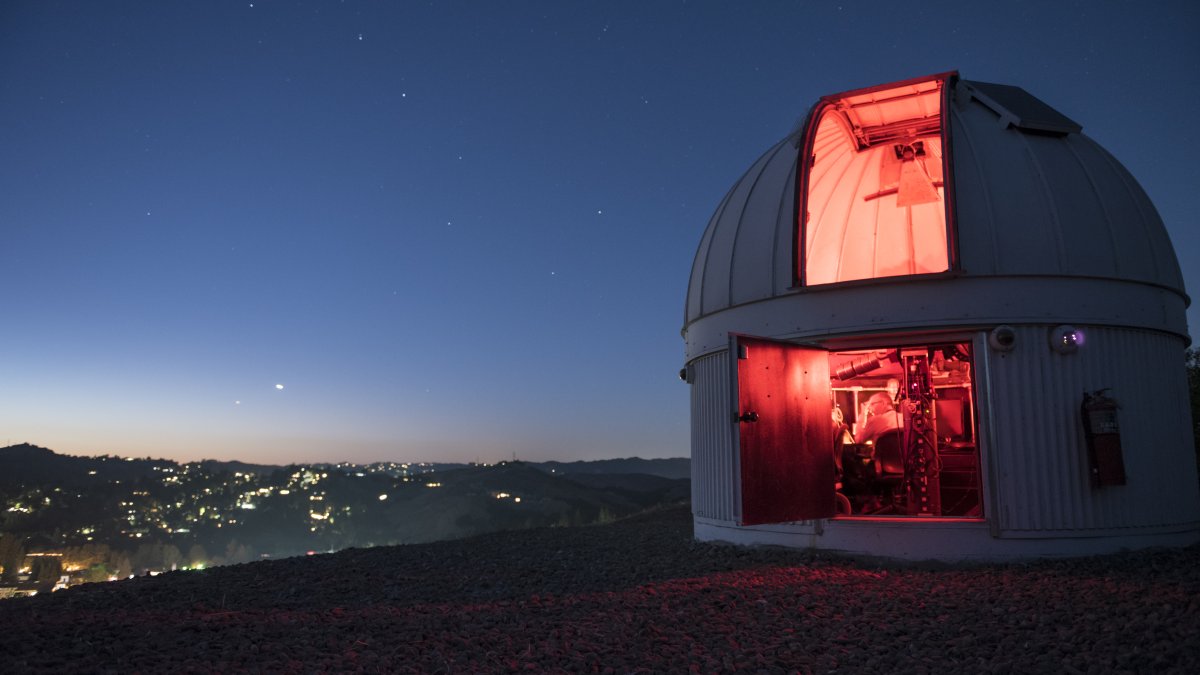
Geissberger Observatory & Observing Pad
The observing pad is a paved outdoor space surrounded by reclined benches, with access to 40 high-end Zeiss binoculars and 6 Stellarvue 4’’ diameter telescopes for student use in our introductory and upper-level astronomy courses. The Geissberger Observatory includes a robotic mounted 16’’ diameter research telescope, perfect for studying variable stars and searching for transiting exoplanets, as well as the best view of the East Bay.
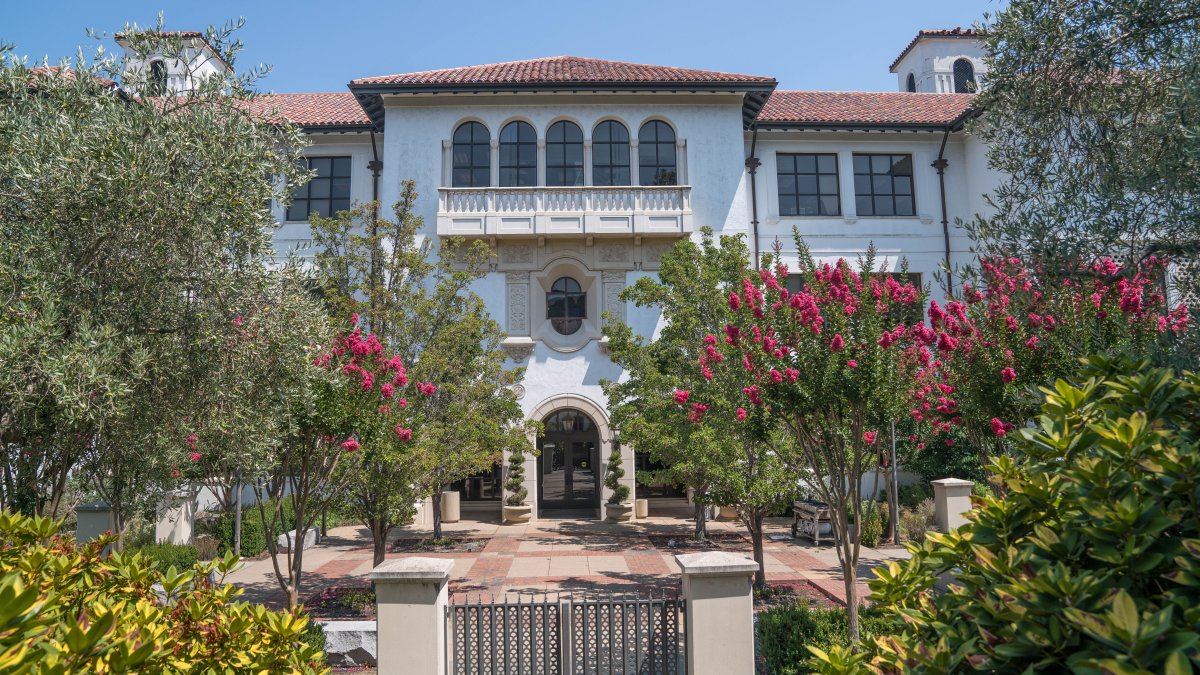
Brother Alfred Brousseau Hall
The 56,000-square-foot Brousseau Hall is a research and teaching hub that houses the offices and research spaces of faculty members in Biology, Biochemistry, Chemistry, and Environmental and Earth Science. The building has 17 cutting-edge teaching labs, Dennis E. Meiss NMR Research Laboratory, John Magaddino Neuroscience Laboratory, Imaging facility with a confocal microscope and gel imaging equipment, BSL-1 and BSL-2 cell culture facilities, Advanced Chemical Instrumentation Labs, Computation Lab and multiple walk-in environmental chambers. There are also a bevy of public and private study areas, and the finest nautilus-centered design scheme you'll find anywhere.
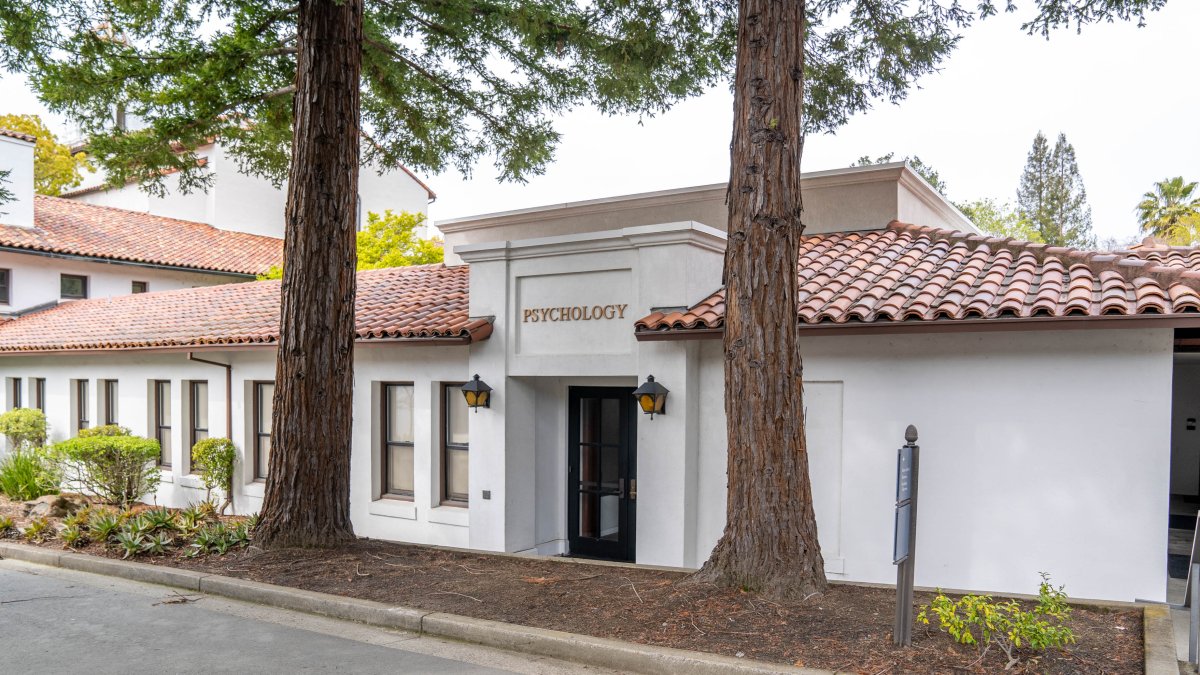
The Psychology Center
Unveiled in May of 2013, the Psychology Center provides a vibrant space for faculty and students to come together and collaborate on teaching, learning, and research. The architecture is designed to maximize interactions and foster community among all members of the Psychology department. Thirteen faculty offices are organized in two wings off of a central lounge with comfy couches and tables where students regularly gather to study and socialize. There’s also a dedicated Psychology classroom and research space set up with computer facilities, simulation labs, and adjoining cubicles with one-way glass for observational research.
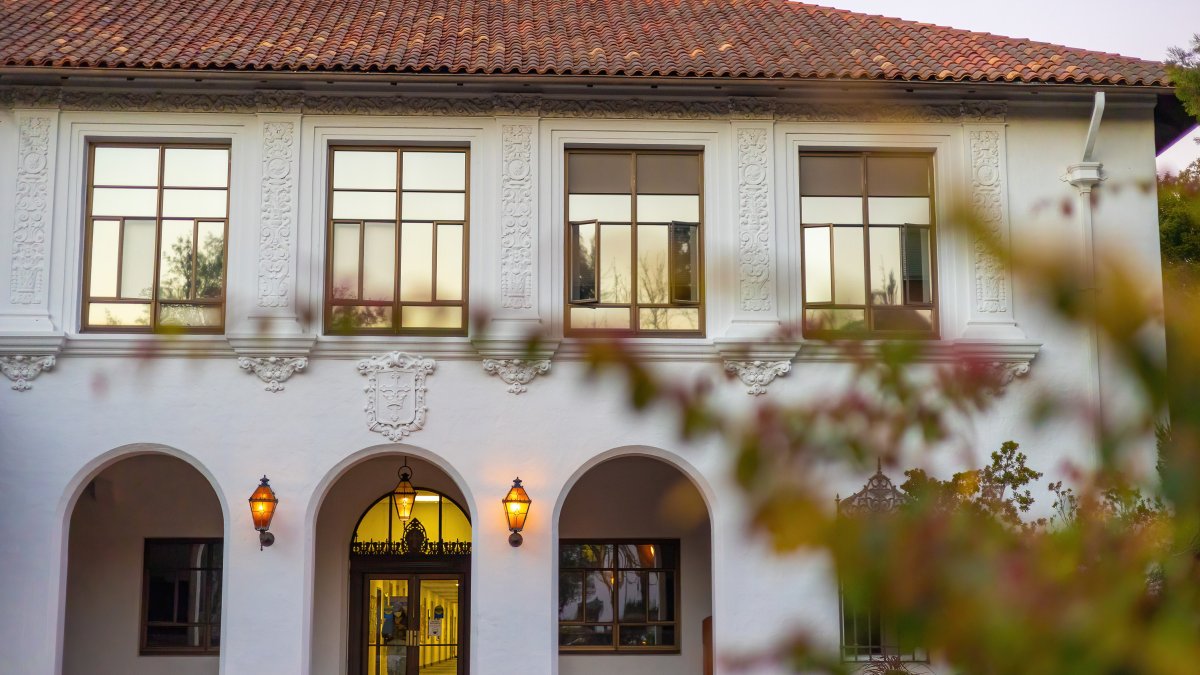
Galileo Hall
One of the original buildings on campus, Galileo Hall is home to small and stadium-style classrooms, as well as physics laboratories where students conduct experiments on topics ranging from motion to quantum mechanics. It also has several student communities and study spaces for physics, math, and computer science students, including the Math Pedagogy Center.
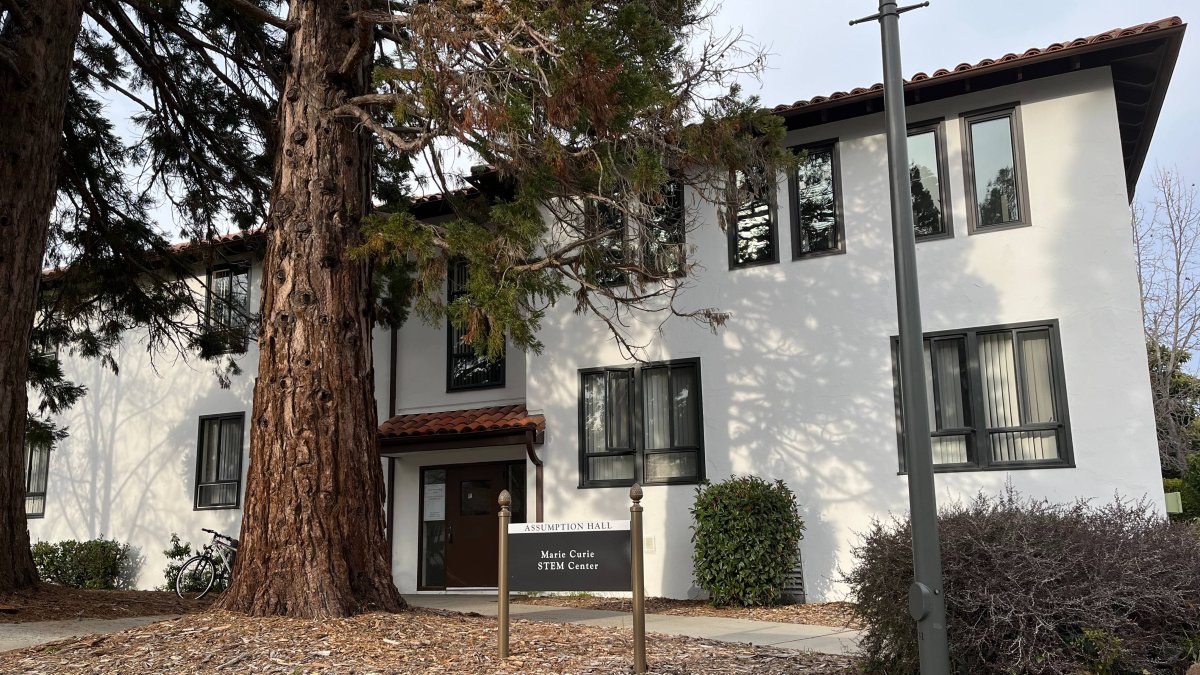
Marie Curie STEM Center
The Marie Curie STEM Center offers free peer tutoring to students enrolled in STEM courses 5 days a week (Mon-Thurs & Sunday). The newly renovated Center has 2 small-group study rooms equipped with SMART technology. The main study room is equipped with whiteboard tables for small groups and one-to-one tutoring. Students may also access computers and a STEM textbook library during tutoring hours.